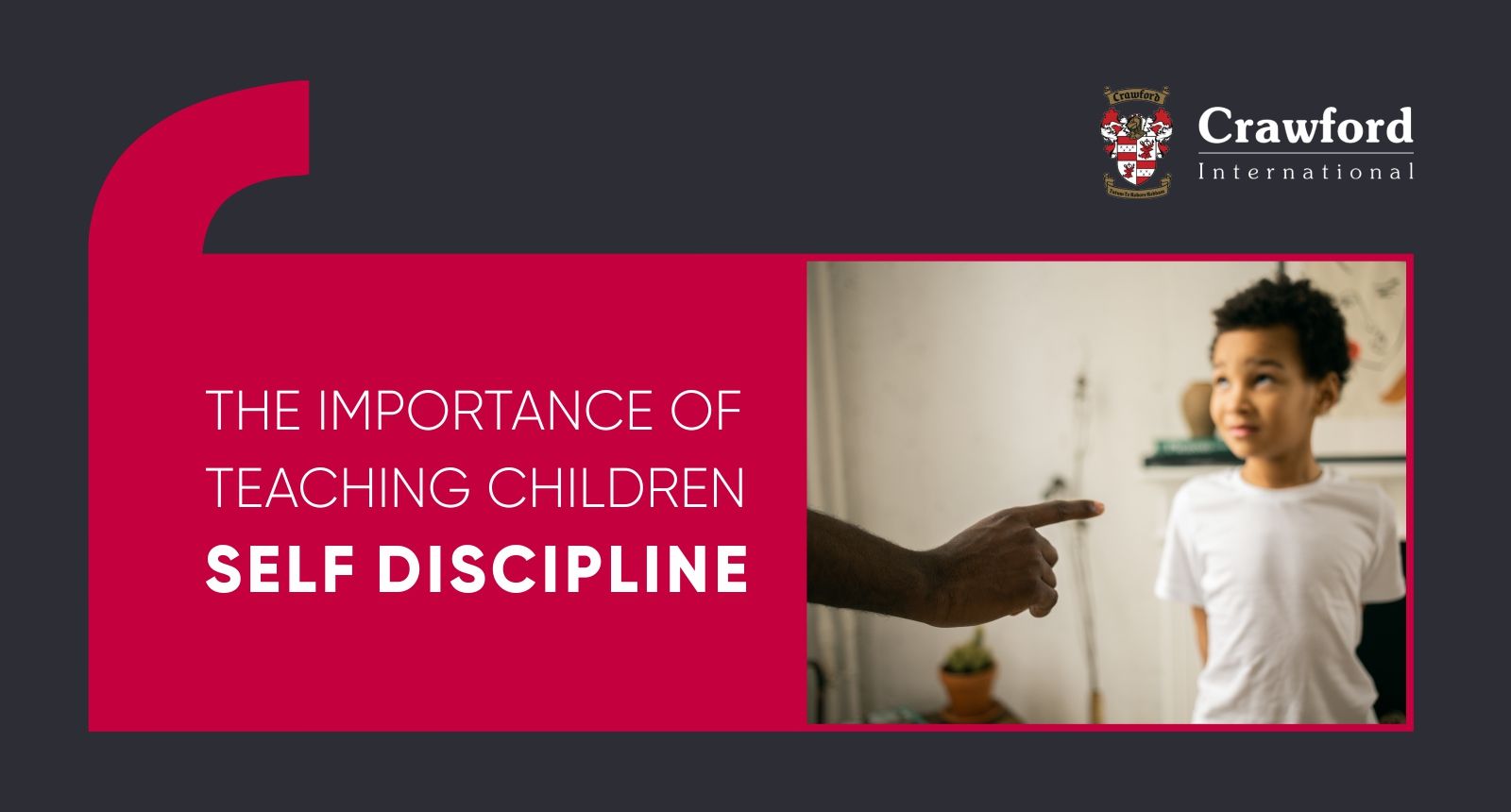Discover the secrets to self-disciplined kids
March 10, 2023
Perseverance, independence, resilience, they’re all key to success in an ever-changing world. And a common building block of all these attributes is self-discipline.

Think about it. Self-discipline boils down to making positive, healthy decisions when it comes to money, nutrition, exercise, self-care and hygiene, work, even relationships and peer pressure. It’s all about being able to control yourself and resisting impulsiveness and instant gratification by keeping to one’s commitments and goals.
Self-discipline now means better decision-making later
Far from something you’re either born with or not, self-discipline is something you can instil in your child – and from a young age too. At the core of self-discipline is the idea that doing the right thing means doing it even when no one is watching you do it. What’s more, self-discipline for kids is important because it goes beyond mere good behaviour. It’s about your kids making good choices regardless of how they feel about something.
Without self-discipline, a 10-year-old could be spending their days at school playing with their stationery instead of engaging in the lesson, or a 16-year-old lights up the cigarette the cool kid hands them. But with self-discipline, that 10-year-old sits down to do the homework after having lunch – without asking, and that 16-year-old refuses to let their friend cheat off them during a test.
How to teach your child self-discipline
Because learning self-discipline is about learning self-control, it can be a difficult skill to foster in your child. But it’s vital. Remember that it’s not about controlling your child’s behaviour, but about your child learning how to control themselves. This isn’t something that’s going to happen overnight; it’s a process that takes years and you should always keep your child’s age and abilities into consideration.
Here are some strategies to help you foster self-discipline in your child:
1. Structure and consistency
Daily routines and habits not only help your child feel secure in your relationship and home, but studies have shown they also help instil self-discipline. Because your child knows what happens at what time, the routines become a habit that your child does automatically. Your child is less likely to get distracted by other activities when following established routines.
2. Talk about the whys behind rules
Because self-discipline is about making good decisions, knowing the reason for a rule helps your child understand the purpose of rules. And that purpose is that rules and laws help to keep us all safe in some way. For example, “You do homework every day to practise the things you learn at school and to help you remember it all,” rather than, “I’m doing my homework because Mom said I must.”
3. Reward the good
Kids thrive on positive attention and tend to repeat good behaviours when being praised for them – even teenagers. So when you see your child doing something you’d like them to do more of, point it out. “Great job sharing your toys with your brother,” makes a child feel much better than saying, “Why can’t you two just share?”
As your child grows older, you could reward self-discipline and good behaviours with privileges. If your tween gets themselves dressed for school and their lunch packed before it’s time to leave (without your help or any reminders), then they get to stay up half an hour later at bedtime, for example.
- Give consequences: Every action has a reaction, and so every behaviour has a consequence. When it comes to negative behaviour, consider the lessons that can be learnt through the consequences, either natural or logical. This isn’t about giving to power struggles. It’s about explaining the consequences of a choice and leaving it up to your child to make that choice. Rather than nagging your child to put on their jersey before school, let them dress themselves. If it’s a chilly day and they didn’t grab a jersey, they’ll feel cold – this is a natural consequence. However, if your teen oversleeps and ignores their alarm, they may need an earlier “bedtime”.
- Focus on problem-solving: There are often many solutions to a single problem, even when it comes to self-discipline. Asking your child for their input on a specific issue could lead to a productive solution. For example, they may suggest that they get their school clothes ready the night before if they’re struggling with fitting everything into a morning routine.
Be self-disciplined yourself Kids do as they see, so try to be self-disciplined yourself. If your child sees watching TV instead of making the bed, they’ll learn that it’s okay to give in to impulses. They’ll pick up on your own levels of self-discipline, so try to work on this yourself.
Find more helpful parenting Crawford International blog articles here.












